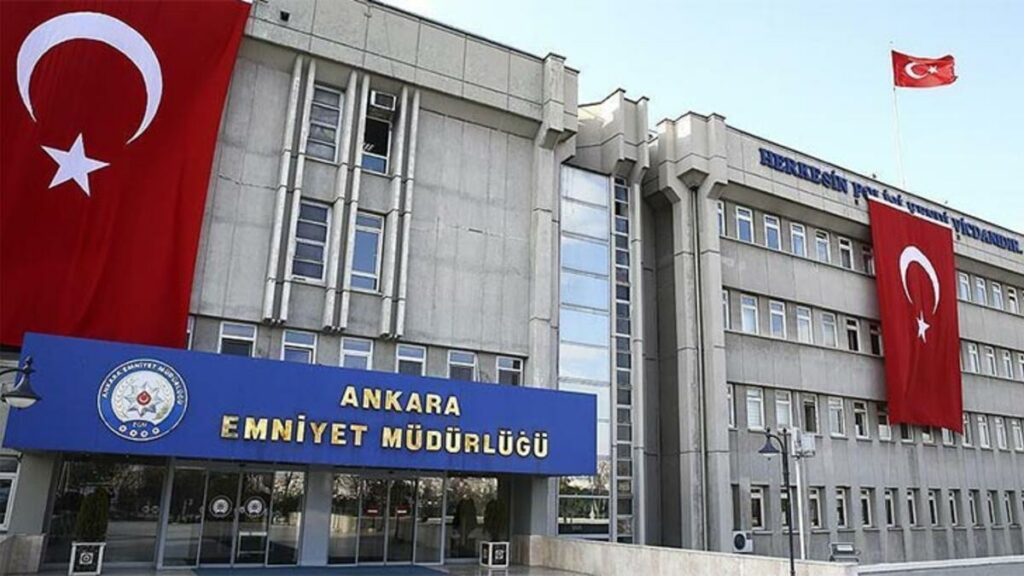Fifty-three former diplomats have been detained over alleged links to the Gülen movement, sparking fears of a repeat of the torture perpetrated on former foreign ministry civil servants in 2019, the Stockholm Center for Freedom reported.
Police raids were conducted across 12 provinces on Monday to detain the suspects as part of an investigation in western Turkey launched by the Ankara Chief Public Prosecutor’s Office.
The accusations against the suspects include secretly communicating with their contacts within the movement via payphones. The detention warrants were issued based on lists drafted by the country’s National Intelligence Organization (MİT) detailing people who used payphones.
In October police conducted operations in 15 provinces and took 14 former diplomats into custody based on detention warrants issued by the same public prosecutor’s office.
In May 2019 some 100 former diplomats were detained by the authorities. On May 26 Peoples’ Democratic Party (HDP) deputy and human rights defender Ömer Faruk Gergerlioğlu posted a tweet saying there were serious allegations of torture of the diplomats, including rape by batons.
Following the allegations, the Ankara Bar Association conducted an investigation and said the victims’ statements “confirm that the individuals were subjected to blows, torture and ill-treatment.” The victims said they were forced to sign prepared statements.
Despite the credible allegations and the bar association’s report, however, on August 6, 2020 the Ankara Chief Public Prosecutor’s Office said there were no grounds to prosecute the case.
The so-called “payphone investigations” are based on call records. The prosecutors assume that a member of the Gülen movement used the same payphone to call all his contacts consecutively. Based on that assumption, when an alleged member of the movement is found in call records, it is assumed that other numbers called right before or after that call also belong to people with Gülen links.
Turkey’s Justice and Development Party (AKP) government launched a war against the Gülen movement after the corruption investigations of December 17-25, 2013 that implicated then-prime minister and current president Recep Tayyip Erdoğan’s family members and inner circle.
Dismissing the investigations as a Gülenist coup and conspiracy, the AKP government designated the movement as a terrorist organization and began to target its members. The government intensified the crackdown after a coup attempt in 2016.
Following the abortive putsch, the Turkish government declared a state of emergency and carried out a massive purge of state institutions under the pretext of an anti-coup fight. More than 130,000 public servants, including 4,156 judges and prosecutors, as well as 29,444 members of the armed forces were summarily removed from their jobs for alleged membership in or relationships with “terrorist organizations” by emergency decree-laws subject to neither judicial nor parliamentary scrutiny.
A total of 319,587 people have been detained and 99,962 arrested in operations against supporters of the Gülen movement since the coup attempt, Turkey’s Interior Minister Süleyman Soylu said in November.
In addition to the thousands who were jailed, scores of other Gülen movement followers had to flee Turkey to avoid the government crackdown.

